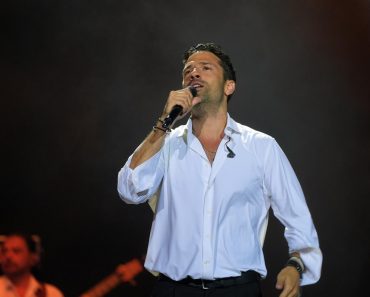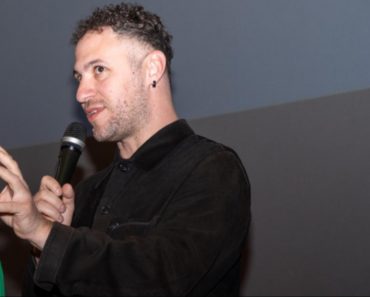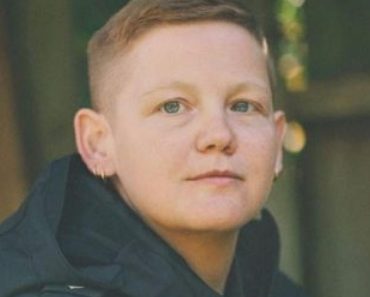Trained in Iranian classical music, Fakhroddin, also the founder of the city-based instrumental ensemble World Ethnic Music Ensemble (WEME), has a doctorate in Hindustani music. Though primarily a percussionist, Fakhroddin is also a sitarist and often composes on it. What began as a personal experiment composing melodies on his sitar became a collaborative project as he brought in fellow musician friends. “One composition became two, then three,” he recalls, and soon, the ensemble, formed in 2009, began to take shape with an unconventional lineup including the harp, cello, and mandolin. Now set to perform at Delhi’s OddBird Theatre on July 11, WEME’s five-piece ensemble weaves together the textures of both Western and traditional instruments like sitar and harp; its sound sits at the intersection of Persian and Indian musical traditions, drawing from ragas, scales, and centuries-old textures, all anchored in Fakhroddin’s original compositions.
Though rooted in classical forms, their tracks aren’t bound by strict frameworks. “They’re musical thoughts — inspirations from different places,” he says. At the upcoming performance, they’ll revisit older pieces like ‘Seeking You’ and ‘The Wanderer’ as well as ‘The Greek’ — a piece restructured from a traditional Greek melody — an homage to their folk music traditions.
For Fakhroddin, poetry is often a guiding force, particularly the spiritual verses of Rumi. ‘Seeking You,’ he says, draws from Rumi’s ‘A Great Wagon.’ “Who is he talking to?” he wonders. “Us? Or a higher being? We should look at it that way.”
His connection to poetry is cultural and ancestral. “People ask me — if you could be reborn, which country would you choose? I always say Iran. Just the fact that I can read Rumi or Hafez in the language they originally wrote in is enough for me.”







